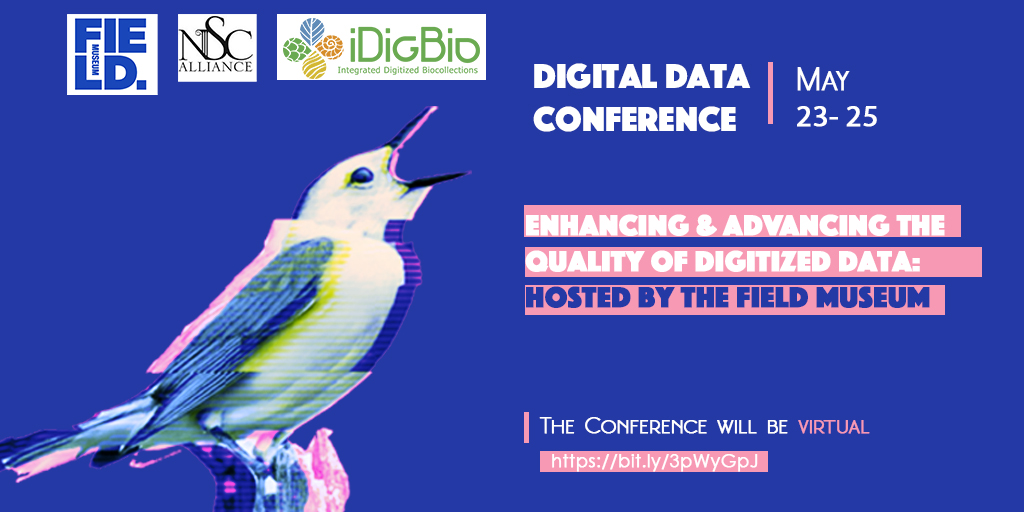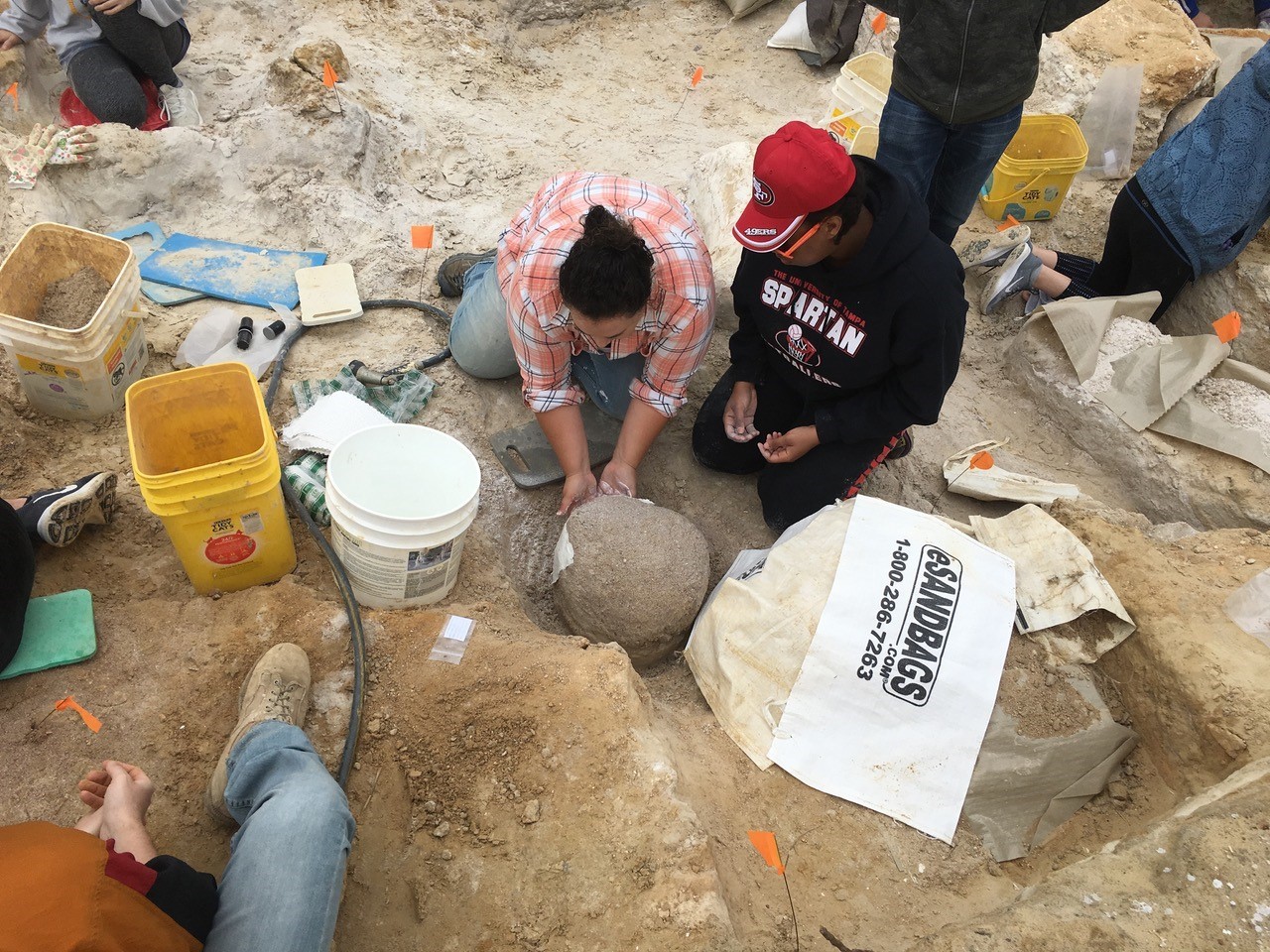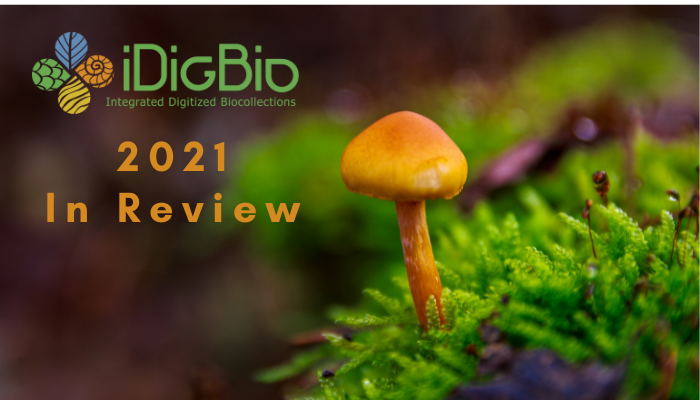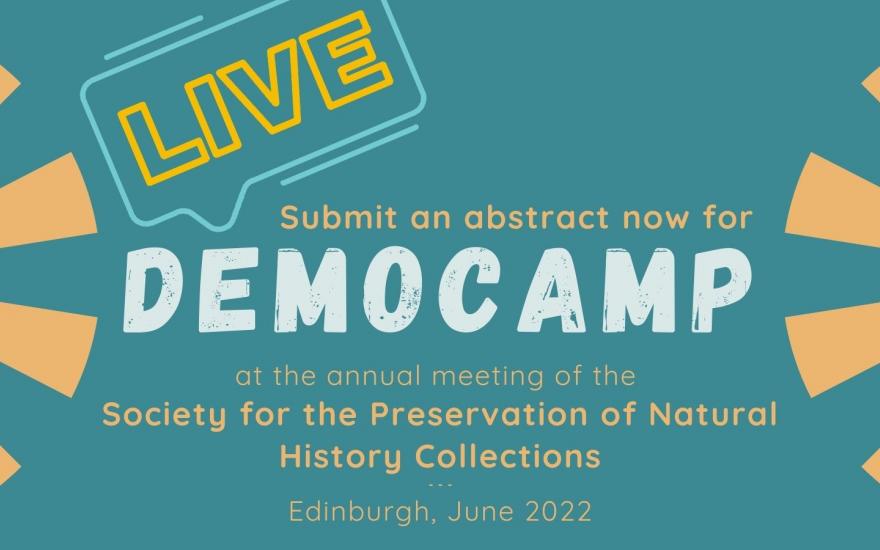Assistant Collections Manager, Marine Biodiversity Center, NHM of LA County
Assistant/Associate Collections Manager, Marine Biodiversity Center
Regular Full-Time
Los Angeles, CA, US
The Natural History Museum of LA County (NHMLAC) seeks an Assistant/Associate Collections Manager for our Marine Biodiversity Center (MBC). The MBC works closely with several other collecting departments to manage specimens from all marine invertebrate groups, and we integrate traditional preserved specimens, tissue samples, and genetic data in the management of the collection. NHMLAC was the first museum in L.A. to open its doors 109 years ago and is poised for an exciting new era as it plans for the future. Having recently completed a new strategic framework, the Natural History Museums of Los Angeles County—including NHM at Exposition Park, La Brea Tar Pits and museum in mid-Wilshire, and the William S. Hart Museum in Newhall—is looking forward to new collections and research initiatives, building projects and campaigns, exhibitions, community outreach, and innovative audience engagement.
The Assistant/Associate Collections Manager will participate in collections activities including processing incoming and outgoing loans and accessions, creating, maintaining, and improving database records, conserving and organizing specimens, developing and troubleshooting molecular genetics procedures for sample processing and analysis, improving and enhancing the collection through physical improvements and digitization projects, facilitating the use of the collection by researchers and other users, and supporting the needs of other NHMLA divisions and priorities. They will oversee the work of staff, students, and volunteers, including training, supervising, creating workflows, and ensuring quality control for collections projects.
The Natural History Museum of Los Angeles County values and endeavors to support diversity, equity, inclusion, and access within its organization and communities. Candidates who identify as Black, Indigenous, or a Person of Color (BIPOC), neurodiverse, a woman, a person with a disability, a veteran, and/or a part of the LGBTQAI+ community are welcome and encouraged to apply. We are especially interested in candidates whose background and experience have prepared them to contribute to our commitment to engage and include culturally diverse audiences in museums and in science. It is an exciting time as we embark on new journeys of becoming a museum of, for, and with L.A.
RESPONSIBILITIES:
-
Assists with the care and operation of the Marine Biodiversity Center collection, including organizing and conserving specimens, preparing and processing loans and acquisitions, and facilitating collection visits. Curates specimens as directed, including tissue subsampling and preservation for molecular genetic analysis, processing genetic extracts, generating archival genetic sequences, and developing and troubleshooting molecular genetics protocols. Participates in the development and implementation of collection growth and improvement projects.
-
Assists in managing collections data and documentation, including data retrieval, cataloging, entering/updating database records, inventorying, managing genetic data associated with specimen records, and enhancing documentation through digitization.
-
Participates in education and other public program activities of the Museum including but not limited to collection tours, supporting exhibitions, and participation in public museum events. May handle inquiries from the public and researchers and respond to requests for information about the collection.
-
Develops working knowledge of trends and techniques in collections management, collection-based research, conservation, digitization, biodiversity informatics, government regulations, and/or documentation relevant to ongoing projects and the work of the collection.
-
Participates in the recruitment, training, and oversight of personnel including interns, students, part-time staff, and volunteers. Develops and implements workflows to ensure quality in collections operations.
REQUIRED QUALIFICATIONS:
-
1-3 years experience in the collection, organization, care and/or conservation of natural history specimens/collections; relevant experience may have been gained through work as a student or professional. We encourage applicants in their cover letters to explain how their particular combination of education and experience qualifies them for the position.
-
1-3 years experience in molecular genetics lab techniques, data management and analysis, including the ability to extend existing protocols, develop novel protocols, and successfully troubleshoot lab and analytical procedures.
-
Working knowledge of biological taxonomy and the organization of natural history collections.
-
Basic knowledge of database software and common principles of biodiversity informatics, and working knowledge of software typically used in natural history collections.
-
Experience training and supervising others.
DESIRED QUALIFICATIONS:
-
Experience writing technical documents such as workflows and procedures.
-
Experience effectively presenting information to and responding to questions from individuals or groups of managers, scientists, and the general public.
-
Demonstrated commitment to diversity, equity, access and inclusion work.
OTHER INFORMATION
The hourly wage for this position is $22.00-$26.44. This is a full-time, regular, non-exempt position with excellent benefits. An offer will be made either at the Assistant or Associate level depending on the qualifications and experience of the successful candidate. Candidates must be eligible to work in the United States.
The primary location for this job is at the Natural History Museum in Exposition Park in Los Angeles. Some offsite travel will be required.
Applicants and employees are invited to identify reasonable accommodations that can be made to assist them to perform the essential functions of the position they seek or occupy. The incumbent must be able to perform this job safely, with reasonable accommodation if necessary, without endangering the health or safety of him/herself or others.
Screening of applications will begin immediately and will continue until the position is filled. Submit a current CV or resume, a cover letter describing how your experience, knowledge, and interest qualify you for this position, and the names and contact information of three professional references through the Museum’s employment site at https://nhm.org/careers-our-museums/careers-natural-history-museum.
The NHMLAC is establishing a COVID-19 vaccination mandate for staff, effective August 10, 2021. NHMLAC is requiring that all staff receive the vaccine for COVID-19 as a condition of employment. Exemptions for documented medical reasons or a sincerely held religious belief may be requested.
The Natural History Museum of Los Angeles County is an Equal Opportunity Employer.









